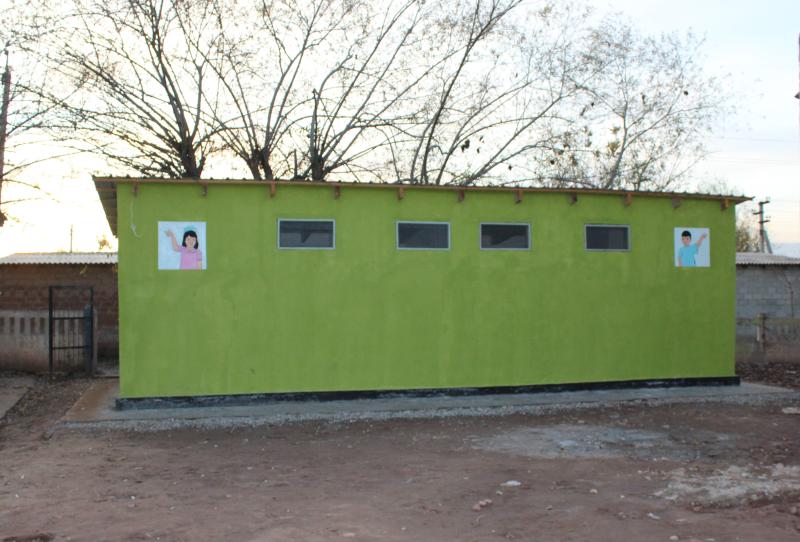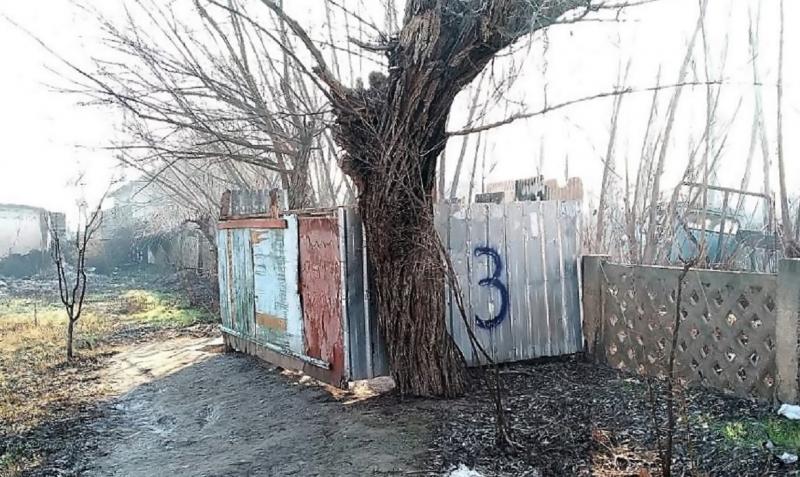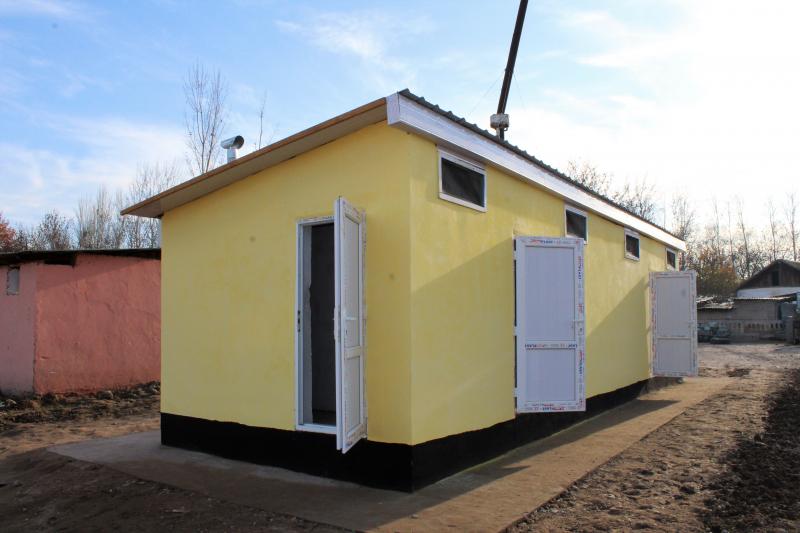Where We Work
See our interactive map


The new school latrines in Yovon district, Tajikistan. Photo by Komilova Khosiyatkhon for IntraHealth International.
Now thousands of students, faculty, and health care clients are seeing the benefits.
Ruzigul Mamatkulova is a nurse at a primary health center in Muminobod of the Khatlon province, a village in the Nosiri Khusrav district in Tajikistan. She had never thought about the importance of latrines at medical facilities until the USAID-funded Feed the Future Tajikistan Health and Nutrition Activity organized a health fair for patients from the surrounding villages.
The activity is working to improve water, sanitation, and hygiene conditions in the Khatlon district. It integrates high-quality maternal, newborn, and child health care at the family, community, clinical, and national levels, with an emphasis on nutrition, sanitation, and hygiene.
The patients at the health fair were mostly women of reproductive age and teenage girls who required urine tests.
“Unfortunately, we didn’t have a latrine, and we had to send them to neighboring houses,” Ruzigul says. “This made me realize the importance of a toilet at the primary health center, and we collaborated with USAID’s activity to build one at our medical facility.”

A school latrine before it was rebuilt. Photo by Komilova Khosiyatkhon for IntraHealth International.
The activity found that latrines in many rural schools and primary health care facilities were in a poor state and unsanitary. Many of the buildings were dilapidated or, in some places, no building existed at all. The activity provided construction components and materials to build latrines and water storage facilities for six schools and 114 primary health centers through in-kind grants. The communities, in turn, provided construction work as their in-kind contribution.
Now over 3,000 school students and faculty and almost 1,000 patients daily have access to improved water, sanitation, and hygiene conditions.

The new school latrine in Jomi district, Tajikistan. Photo by Komilova Khosiyatkhon for IntraHealth International.
Between October 2017 and December 2019, the Feed the Future Tajikistan Health and Nutrition activity reached over 12,000 community members through water, sanitation, and hygiene events and latrine fairs with social behavior-change messages about water, sanitation, and hygiene and social marketing messages on safe toilets through 215 outreach events.
Messages on water, sanitation, and hygiene included safe drinking water, environmental hygiene, and ventilated improved pit latrines. Participants included women of reproductive age and their in-laws, children, husbands, and a local primary health center staff. Children performed dramatic sketches and dances, recited poems, and participated in quizzes at the events to encourage communities to adopt healthy water, sanitation, and hygiene practices.
“During the event, the activity invited a local mason for a practical demonstration on building a safe toilet at home,” says Qurbongul Mahramova, head of the Shuro village from the Dusti district. “Before, no one thought much about latrines. Now, we understand the importance and benefits of them. After the water, sanitation, and hygiene event, whether it’s in mosques or on the street, people discuss the event and the benefits of ventilated improved latrines.”
The activity also trained 40 masons who delivered underground construction components of ventilated improved latrines for residents of 12 districts. Between October 2017 and September 2019, trained masons independently sold 1,630 ventilated improved latrines to the local population. This will have lasting effects.
The Feed the Future Tajikistan Health and Nutrition Activity is funded by the US Agency for International Development and runs from 2015 to 2020.
Get the latest updates from the blog and eNews




